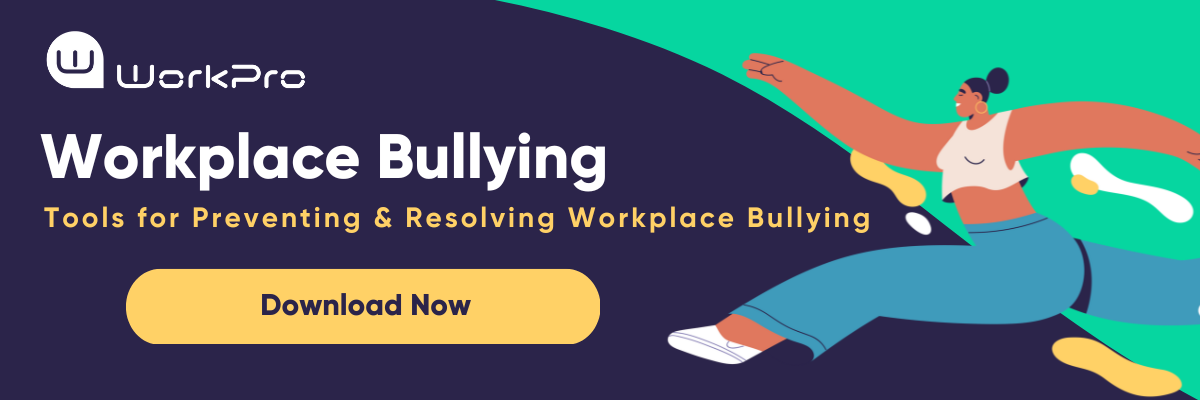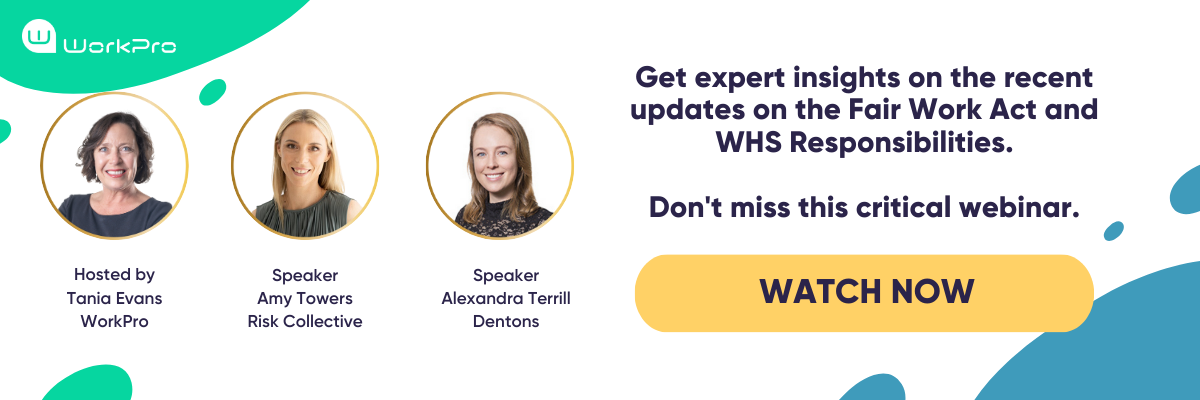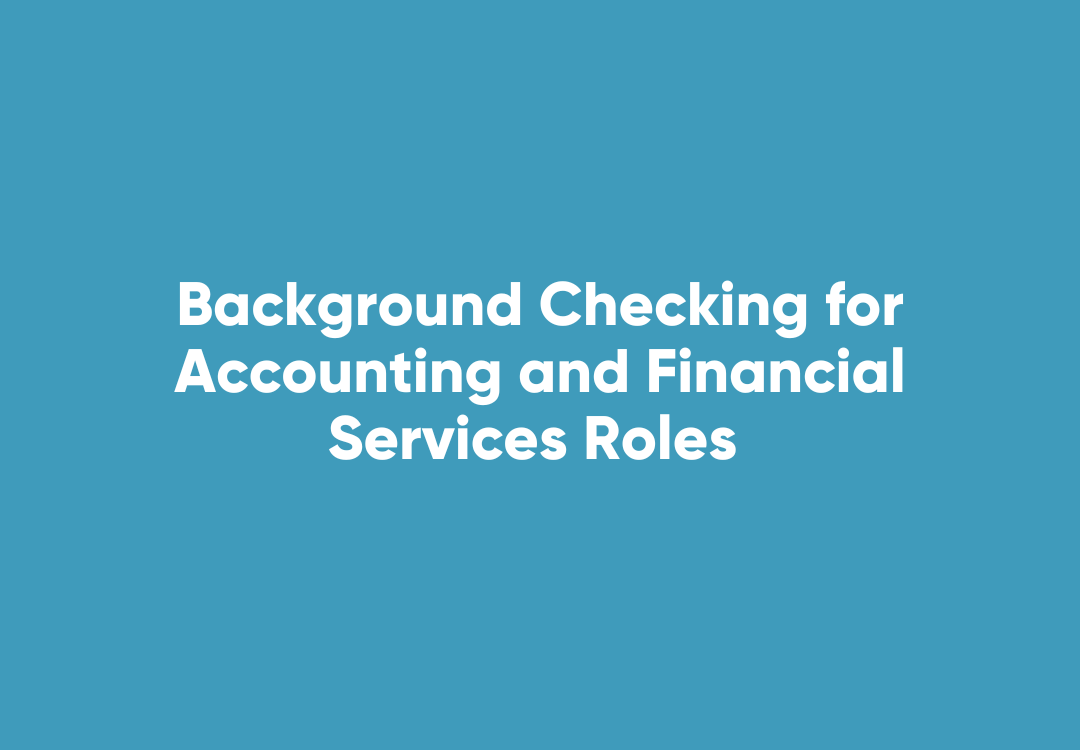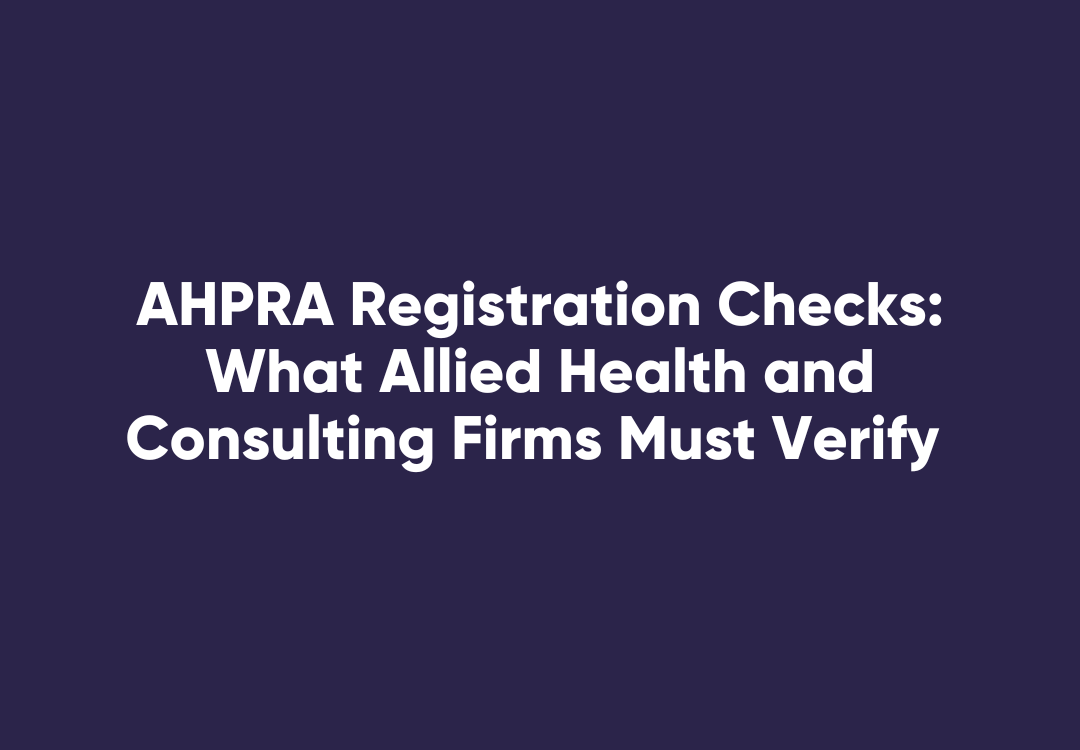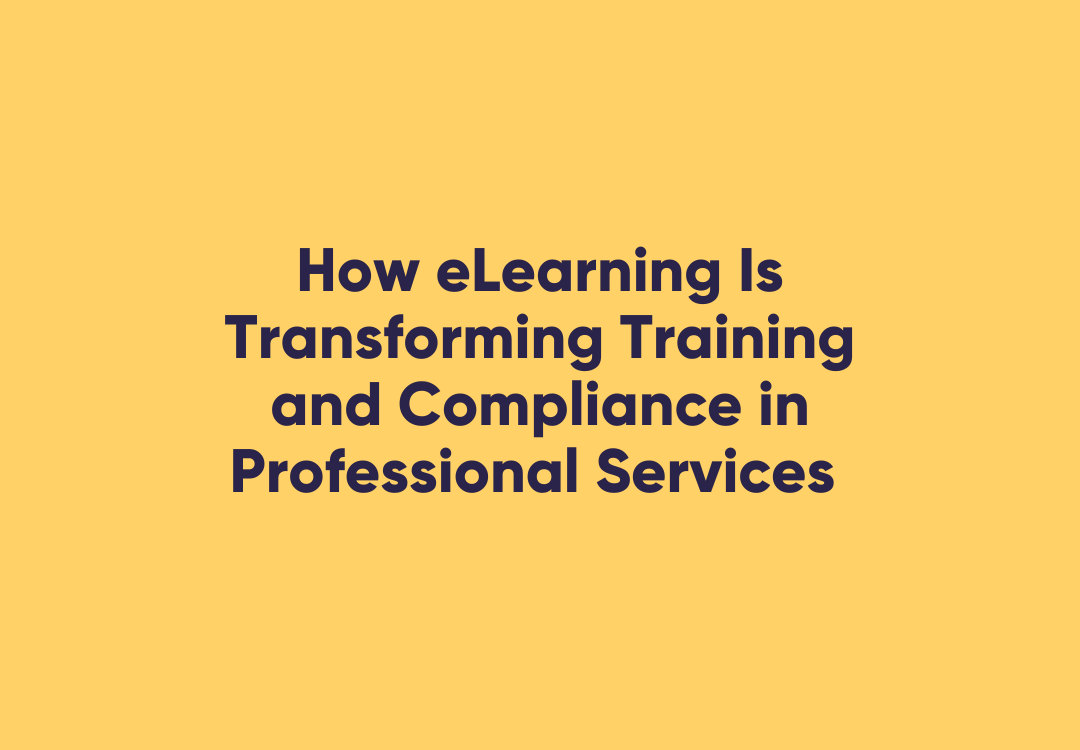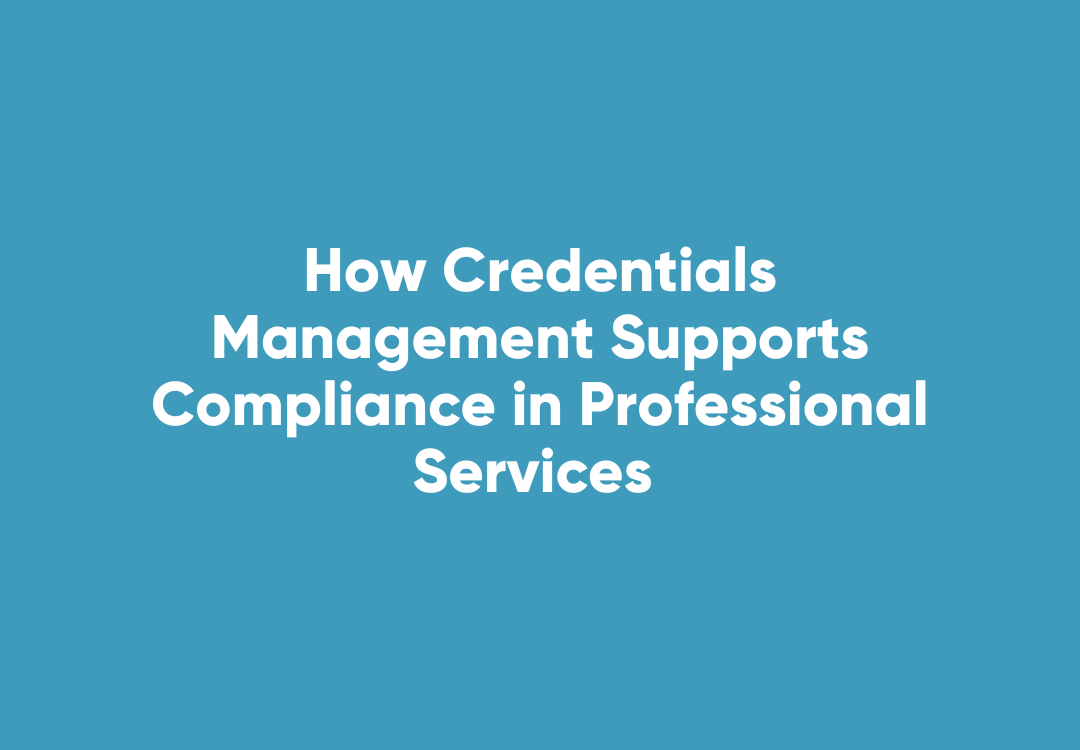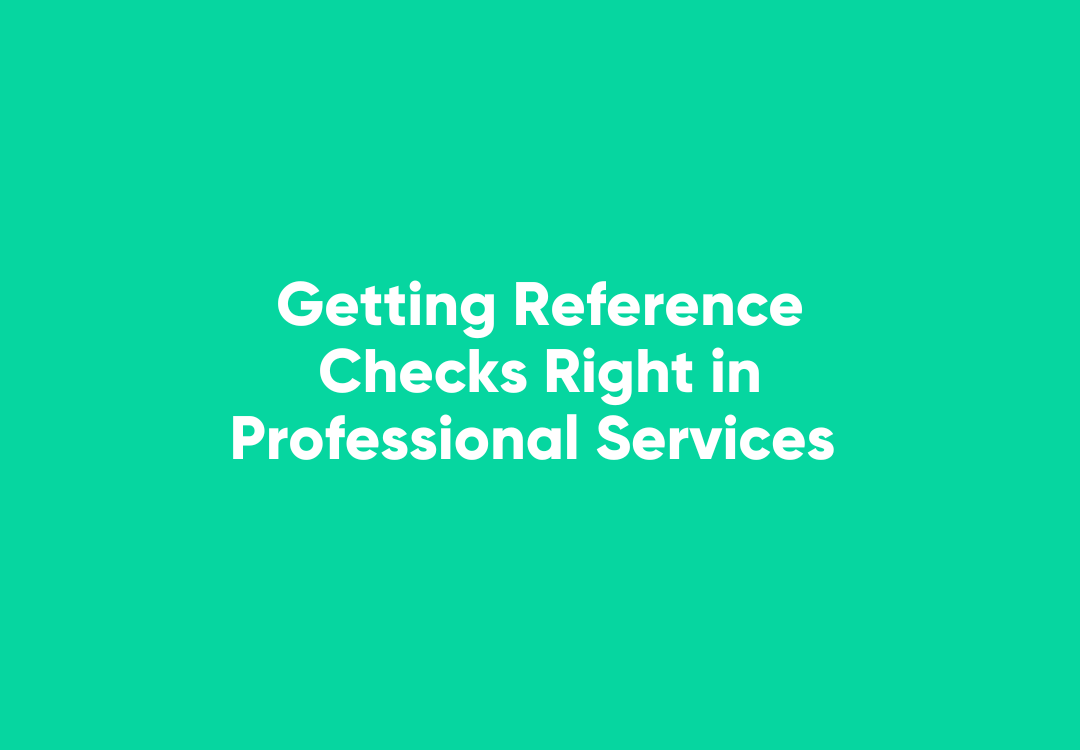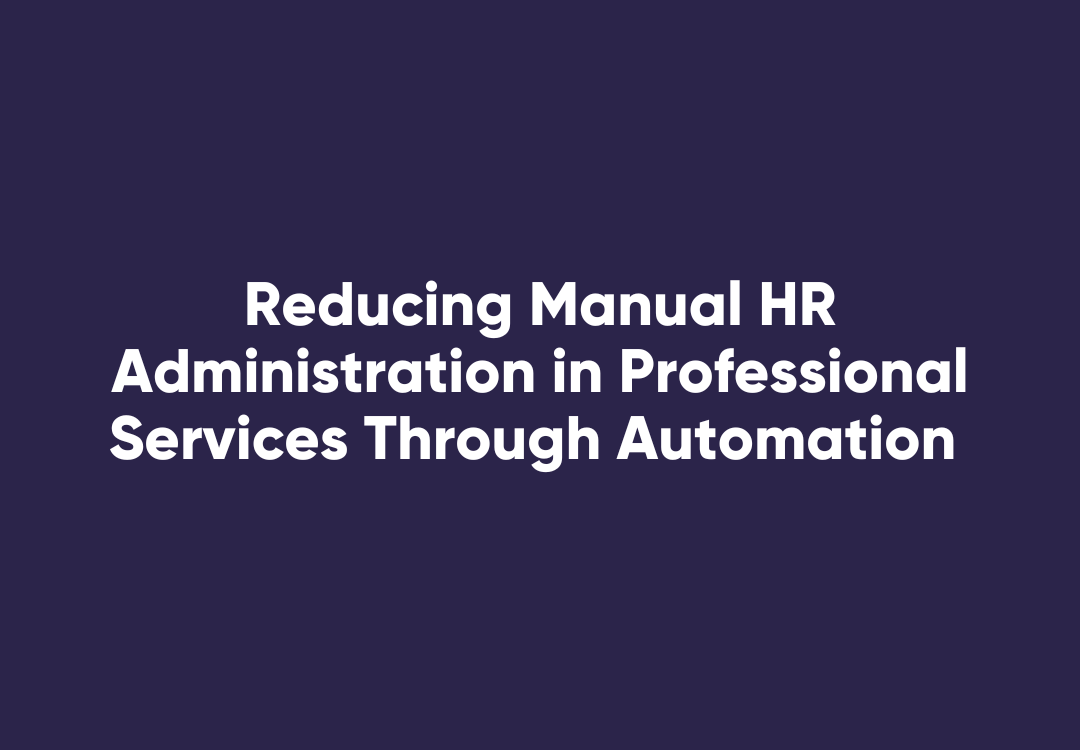Respect@Work: Beyond Compliance for a Safe and Inclusive Workplace
As an HR professional, you understand the critical importance of fostering a respectful and inclusive workplace. The recent introduction of the Respect@Work initiative presents both challenges and opportunities to further strengthen your organisation's approach to preventing and addressing
workplace sexual harassment, sex discrimination, and victimisation.
Beyond Compliance:
While meeting the
positive duty outlined in Respect@Work is essential, let's move beyond simple compliance and explore how to invest in this initiative to create a truly transformative workplace culture. Here are some key considerations:
1. Proactive Prevention:
- Go beyond traditional compliance training: Develop engaging and interactive awareness and learning programs that foster open communication, bystander intervention skills, and positive workplace behaviours. Encourage scenario-based learning and discussions to ensure employees understand not just the "what" but also the "why" of respectful conduct.
- Integrate Respect@Work into onboarding and ongoing development: Embed respectful workplace principles throughout the employee lifecycle, from onboarding to performance reviews. This reinforces the organisation's commitment to a safe and inclusive environment.
- Champion a culture of respect: Foster open communication channels and encourage employees to voice concerns without fear of reprisal. Regularly solicit feedback through surveys, focus groups, or anonymous reporting mechanisms to identify potential issues and opportunities for improvement.
2. Effective Reporting and Support:
- Streamline reporting procedures: Ensure your reporting process is clear, accessible, and user-friendly. Consider offering multiple reporting channels, including online platforms, anonymous reporting options, and designated individuals within the organisation.
- Provide comprehensive support:
Offer various support services to individuals who report concerns or experience inappropriate behaviour. This may include access to counselling services, legal advice, or employee assistance programs.
- Investigate complaints promptly and fairly: Establish clear investigation procedures and ensure they are conducted effectively, impartially, and promptly. Communicate the investigation process and outcomes transparently, while maintaining confidentiality.
3. Continuous Improvement:
- Regularly review and update policies and procedures: Stay up-to-date with legislative changes and best practices, and ensure your policies reflect the evolving workplace landscape.
- Monitor and analyse data:
Track trends in reported incidents and conduct regular reviews to identify areas for improvement. Use data insights to inform training programs, communication strategies, and overall prevention efforts.
- Embrace continuous learning: Encourage ongoing learning and development opportunities for HR professionals on relevant topics such as bystander intervention, trauma-informed practices, and effective communication during investigations.
WorkPro Resources:
WorkPro offers valuable resources to empower HR professionals in their efforts to create respectful workplaces:
- Free ebook: Equip your workforce with comprehensive knowledge on workplace discrimination, harassment, and bullying. This ebook provides practical guidance on identification, risk minimization, reporting options, and more. Access it here:
- Fair Work and WHS Webinar: Gain deeper insights from legal experts on relevant legislation, best practices, and practical strategies for managing workplace. Watch the webinar here:
By proactively embracing the principles of Respect@Work, utilising valuable resources, and continuously refining your approach, you can play a pivotal role in fostering a workplace where everyone feels safe, valued, and empowered to thrive.



